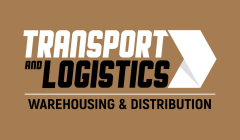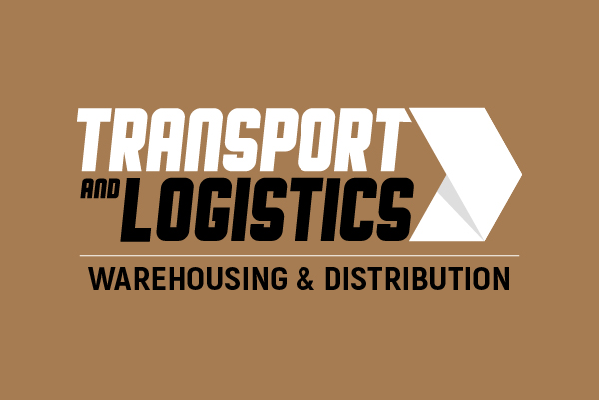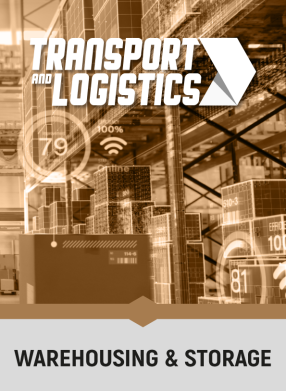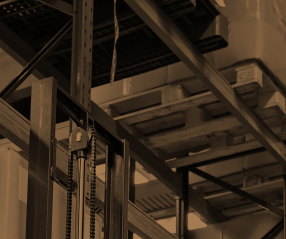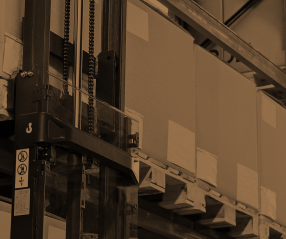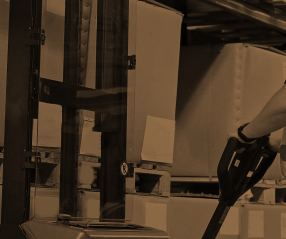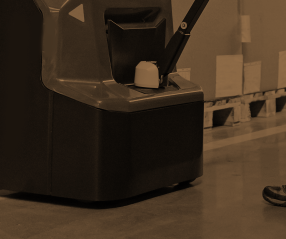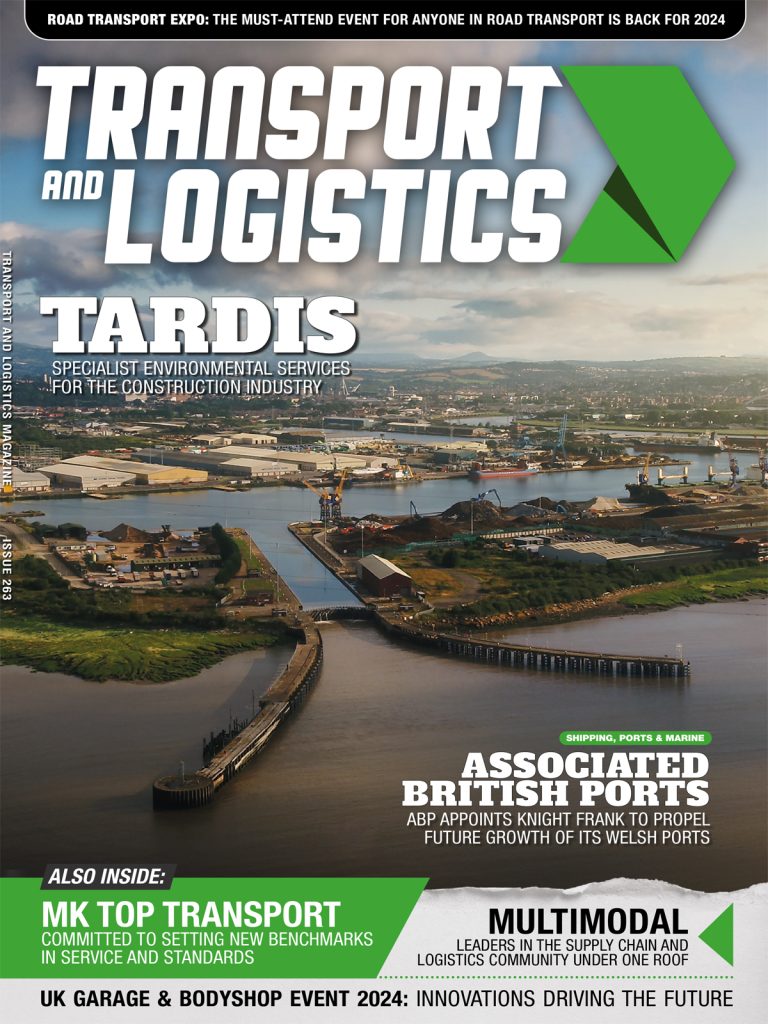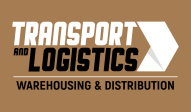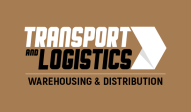With UK shoppers now making 87 percent of their purchases online, the UK industrial and logistics market is more competitive than ever, and creating new sustainability standards for the warehouse space is in high demand.
Growing public awareness of the importance of environmental protection has brought sustainability to the top of agenda for many transport and logistics businesses. Whereas in the past commercial property providers were driving standards of sustainability, tenants are increasingly setting their own criteria for environmental performance – both in terms of the structure of the building they use and the way it operates.
Logistics businesses expect new properties to be sustainable by design. For example, they expect the building to come with third party environmental certification, such as BREEAM Excellent or even Outstanding. They also expect it to be achieve high standards of energy efficiency and be constructed from low-carbon materials. Increasingly, many businesses are going one step further however, by demanding that their warehouse or logistics space is carbon neutral or has a positive effect on workers’ health and wellbeing.
No longer is it enough for commercial property providers to create buildings to meet today’s sustainability expectations. They must think ahead by future-proofing their portfolios and offering tenants a pathway to a greener future. The latest developments are addressing this by ensuring that the fabric of the building can be easily upgraded throughout its life, so it remains cutting edge long into the future. At Prologis for example, all new buildings include passive energy-saving features and allow scope for use of new technologies and renewable energy systems in the future. Each new structure also comes with full mitigation of embodied carbon.
Increasingly transport and logistics businesses are looking for property partners who can add value to their employer brand by creating workspaces that are sustainable and contribute to the wellbeing of the people who use them. Developers are addressing this by improving heating and ventilation systems and making greater use of natural daylight.
Businesses in the sector recognise that setting the bar high for sustainability will not just improve their operational efficiency, it will enhance the value of their enterprise for the long term.
Simon Cox is head of sustainability at Prologis in the UK, specialising in the development of greener workplaces for businesses in the transport and logistics sector.
